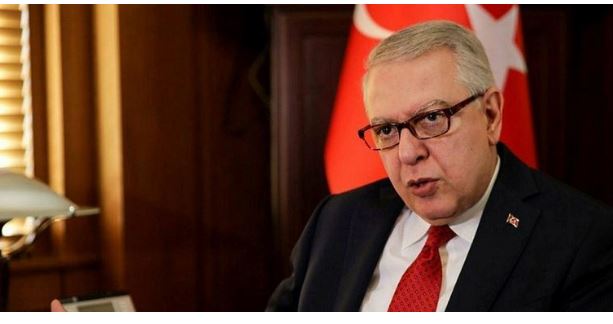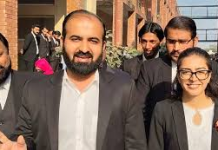The first meeting between special envoys from Turkey and Armenia to discuss steps for normalizing ties between the two countries is expected to be held next month, Turkey’s foreign minister said Thursday.
“The date for the first meeting between special representatives of Turkey and Armenia has not yet been set, but it is expected to be held in January,” Mevlüt Çavuşoğlu said in an interview broadcast live on 24 TV.
The envoys in their first meeting will exchange views on a roadmap on which steps can be taken, including confidence-building steps, Çavuşoğlu added.
On Dec. 18, Çavuşoğlu announced that Moscow would host the first meeting between Turkish and Armenian special envoys to discuss steps for normalizing bilateral relations.
Russia on Tuesday announced that it supports talks between Turkey and Armenia to normalize ties, noting that “the whole world will benefit from this reestablishment of neighbourly relations.”
On Dec. 15, Turkey appointed Serdar Kılıç, a former ambassador to the US, as the special envoy to discuss steps for normalization with Armenia. Three days later, Armenia appointed National Assembly Deputy Speaker Ruben Rubinyan its special representative for dialogue with Turkey.
Turkey said charter flights with Armenia would soon begin and that it is pursuing its normalization discussions in consultation and coordination with Azerbaijan.
Speaking on Armenia’s special envoy, Çavuşoğlu said they consider Rubinyan as a person who knows Turkey well and as a friend appointed with the intention of normalizing ties with Turkey.
He also said there is a positive perspective on the normalization process from the messages received from Armenia.
ARMENIAN DIASPORA’S ATTITUDE
In response to a question on the Armenian diaspora’s approach towards normalizing ties between the two countries, Çavuşoğlu noted that there is a group that has become more radicalized after the Karabakh war.
“The attitude of Karabakh Armenians in particular is obvious. There is also the diaspora abroad. A significant part of the diaspora unites around this so-called genocide (events of 1915), and there is a group that follows an anti-Turkey policy,” he added.
Saying that these extremist groups should not put pressure on Yerevan, Çavuşoğlu underlined that they have not seen a country that uses this diaspora to negatively affect the normalization process so far and that the US and European countries strongly support this process.
TURKISH STANCE ON 1915 EVENTS
Turkey’s position on the events of 1915 is that the deaths of Armenians in eastern Anatolia took place when some sided with invading Russians and revolted against Ottoman forces.
A subsequent relocation of Armenians resulted in numerous casualties.
Turkey objects to the presentation of these incidents as “genocide,” describing them as a tragedy in which both sides suffered casualties.
Ankara has repeatedly proposed the creation of a joint commission of historians from Turkey and Armenia as well as international experts to tackle the issue.
In 2014, President Recep Tayyip Erdoğan, who was Turkey’s prime minister at the time, expressed condolences to the descendants of Armenians who lost their lives in the events of 1915.

















